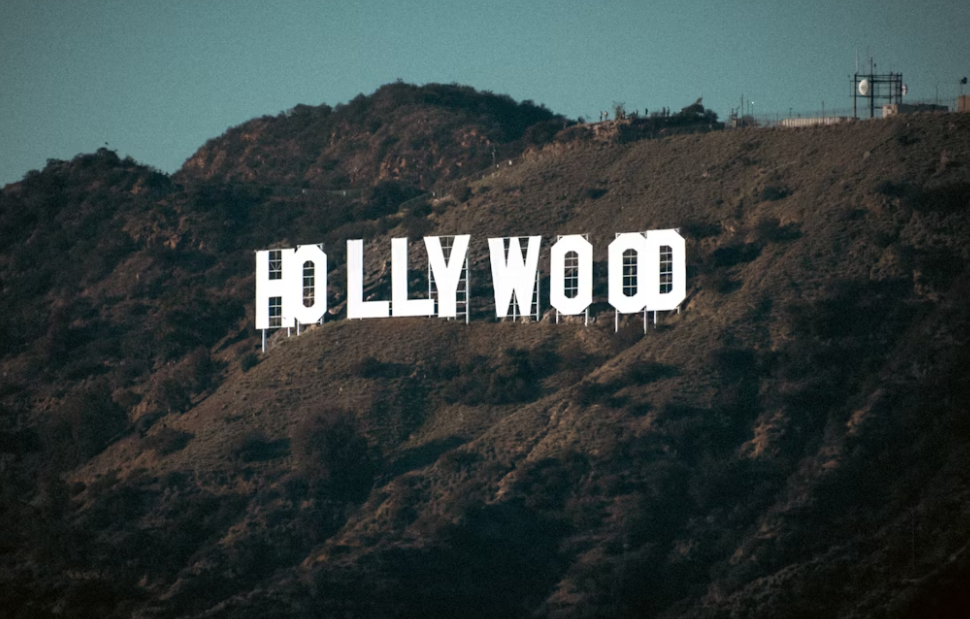Freedom of Speech: The Cost of Censorship
April 9, 2019
One of the foundations and pinnacles of western liberal democracy is the principle of free speech. The idea holds that each individual should speak what they believe, in order to think and understand the world. Sadly, this virtue seems to be losing its value as free and truthful speech has been displaced by political correctness in the name of not offending anyone.
Journalists are, essentially, the canaries in the coal mines of our society. Part of the journalistic tradition in itself is that journalists have always held the power to say and think whatever they want, while, in the process, wandering into unwanted territories, making mistakes, re-updating their thinking, and discussing ideas openly in the pursuit of truth. If you put a restriction on journalist’s ability to speak and write freely, you put a restriction on their ability to think. Right now it seems like we are on the path to losing this tradition, this core principle, as we lay our beliefs at the feet of the idea that no one should feel oppressed by anything truthful anyone says.
College campuses, in recent years, have turned from institutions of diverse ideas into an echo-chamber of political orthodoxy and victim culture. This has led to our youth becoming socially inept and irrational ideologues rather than rational reasonable thinking persons. The University of California at Berkeley is an example of this. Berkeley, a renowned institution – especially for its free speech movement and protests in the 1960s – has become a bubble of social justice where only extreme action makes its point. In May 2018, riots broke out over conservative speakers at the university in a situation that, ultimately, sent the message that only speech that follows certain tenets is allowed.
This is just one of many examples of how college campuses have become intolerant of differing ideas, and instead have embraced an extreme form of advocating for social justice over the pursuit of truth through speech.
This political correctness culture has so saturated, so permeated our society it has damaged comedy. Despite knowing the chaotic state of the world, we are taking away the right of people who are willing to transcend the condition with comedy. The suppression of comedy should be seen as warning sign; in the words of psychologist professor, and social critic Jordan Peterson, “If the king is such a tyrant that he kills his jester, then you know that the evil king is in charge.” If we silence comedians, ban them from campuses, label them bigots, sexists, and racists and then cast them away, what does that say about where we are heading?
Everyone should be able to criticize ideas, especially young people. Antifragility culture and safe spaces may offer some element of security in the short term, but in the long term will make the youth more fragile. People, just like ideas, should be challenged, threatened, and exposed. If you keep people in a bubble, you’re crippling them by taking away their ability to expand, think, develop, and get stronger.












































